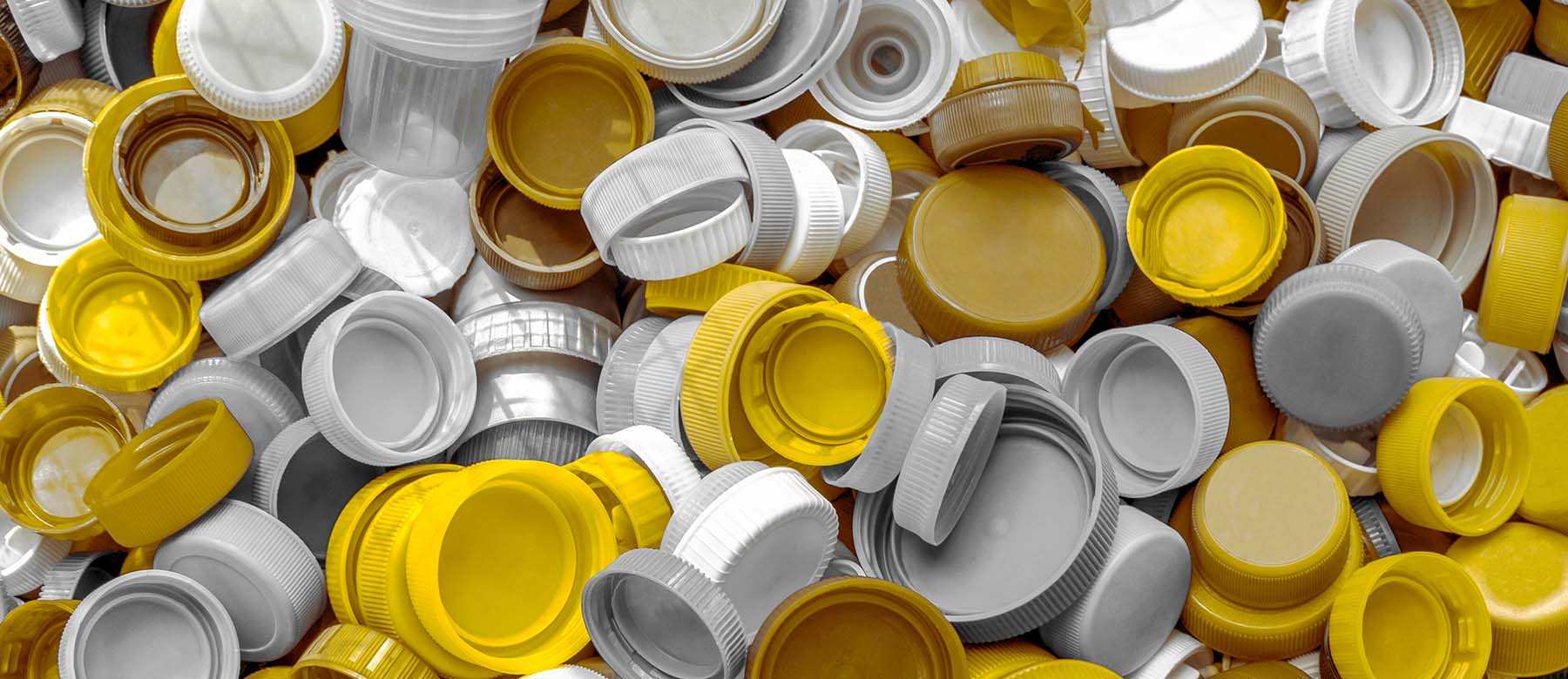

5 tips to reduce plastic consumption
We are all aware of the need to reduce plastic consumption to mitigate its impact on the planet. It is therefore important that we are proactive in making small changes to our habits to eliminate or make better use of plastics.
The enormous environmental problems caused by single-use plastics are well documented. Every year we dump millions of tonnes of plastic waste into the seas and oceans, literally forming vast islands of non-biodegradable rubbish that accumulate thanks to ocean currents.
Governments, corporations, and major supermarket brands are implementing changes to reduce their consumption and mitigate the environmental impact of the plastic waste generated. Still, we can harness the power we have as consumers to spur a paradigm shift that can wait no longer.
So, here are five habits that we can include in our daily routine to easily reduce the amount of plastic we use.
Use cloth bags
Despite the fact that the ban on the giveaway of plastic bags came into force in Catalonia in March 2017 and that from 1 January 2021 there will be a ban on the giveaway of lightweight plastic bags offered to consumers, we still use bags that, although compostable, contain a large amount of plastic. Carrying cloth bags, a basket, or a shopping trolley saves us unnecessary plastic consumption.
Buy food wholesale
Buying in bulk eliminates unnecessary packaging and promotes responsible consumption because it allows us to take from the shop only what we will consume. Our bags and packaging, preferably glass, can be reused many times.
Use environmentally friendly detergents
Some of the most common ingredients in conventional detergents can be highly harmful to the environment. Fortunately, there are cleaning products made with ecological criteria, such as Natulim’s biodegradable detergent strips, which do not generate environmental waste and avoid the use of plastic in their packaging.
Eliminate single-use products
Disposable products such as plastic cutlery, plates, cups, straws, and razors may be practical, but they create large amounts of waste that could easily be avoided by replacing them with products made of glass, metal, or other materials.
Avoid or recycle coffee capsules
It goes without saying that buying ground coffee and making coffee with a traditional coffee machine is much more environmentally friendly than using coffee capsules. That said, not everyone has the time or patience to make coffee in the traditional way once they are used to single-serve pods. Fortunately, some capsule manufacturers offer recycling schemes to take advantage of this waste and give it a second life.
If you want to wash your clothes without polluting the planet, 11Onze Recommends Natulim.
Leave a Reply
You must be logged in to post a comment.

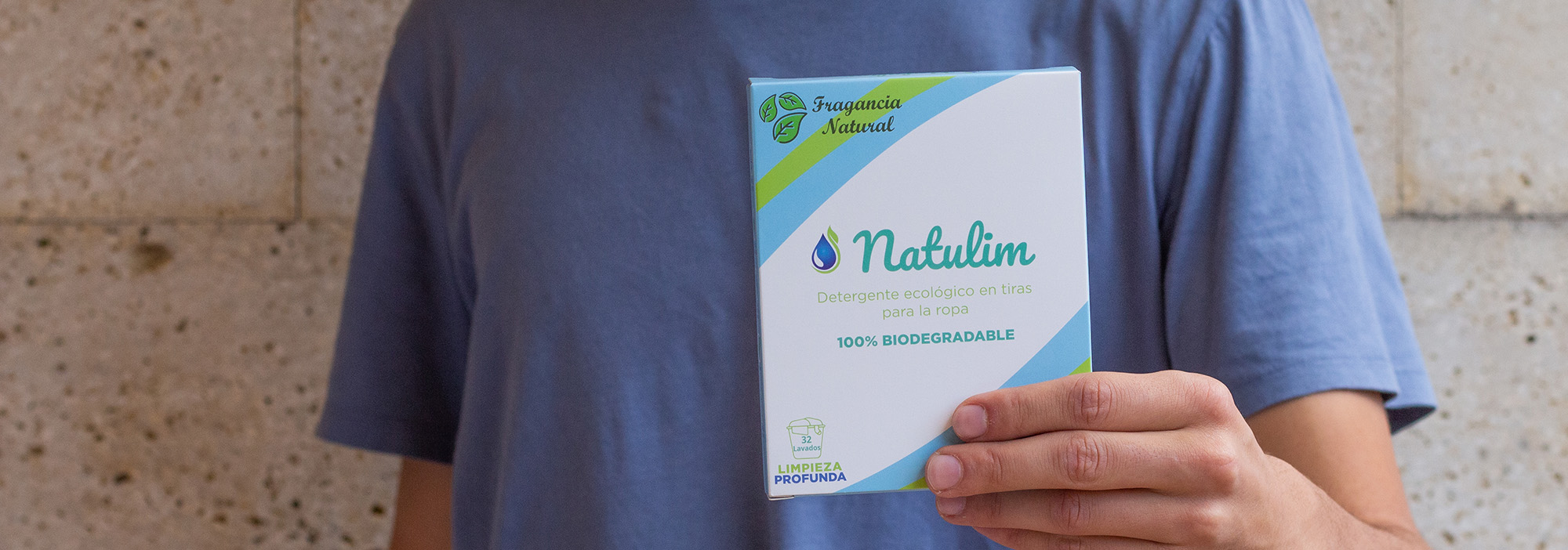
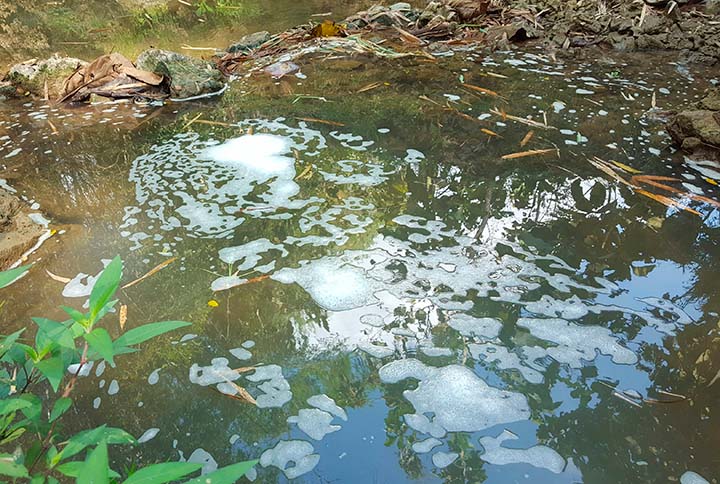
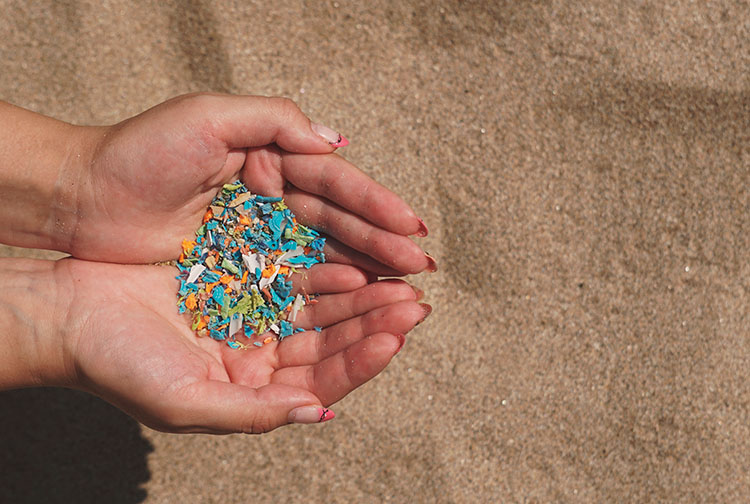
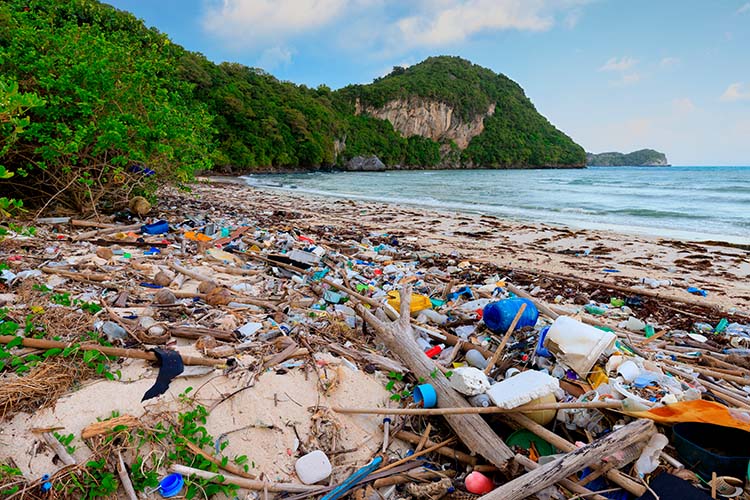


gràcies
Gràcies a tu, Joan!!!
Si em permeteu, afegeixo un 6è consell: Beure aigua de l’aixeta.
Degudament tractada amb osmosis, a poder ser la que ens ofereix 11Onze. Moltes gràcies pel teu comentari, Jordi!!!
Mica en mica es va prenent més consciència, dels seus perjudicis, tot i així costa canviar d’hàbits.
Cert, els hàbits són complexes de canviar, caldrà una recodificació i molta sensibilització sobre el tema per poder-ho aconseguir! Sort!
👌Els plàstics són un malson, però com que faciliten la vida costa de canviar els hàbits.
Cert, costa reciclar-los bé i poden tardar milers d’anys en desaparèixer totalment. També és molt cert que costa canviar els hàbits, però això ens hauria de venir donat per Llei, i en pocs mesos, amb tot allò que es pogués, faríem el que es feia durant els anys setanta, vidre amunt i avall i llestos. Moltes gràcies pel teu comentari, Mercè!!!